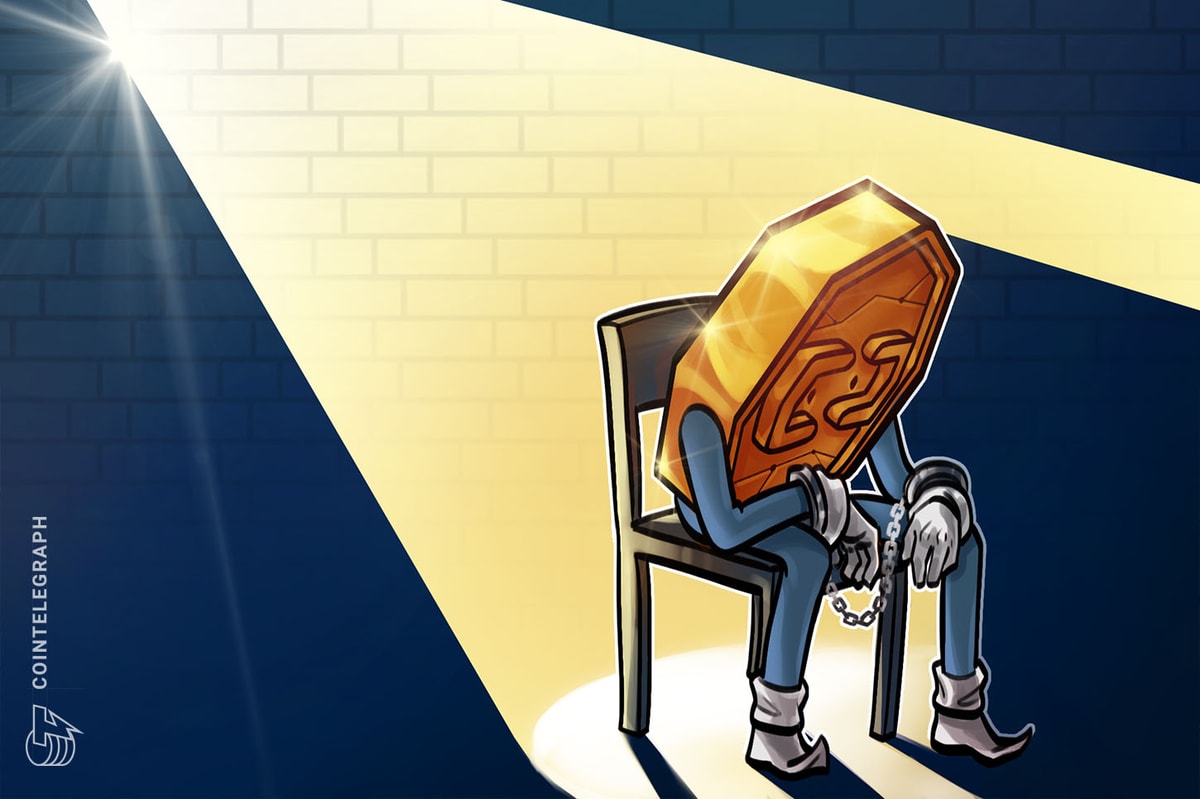Howard Lutnick, the CEO of Wall Street firm Cantor Fitzgerald, has praised USDT stablecoin issuer Tether, describing himself as a “big fan” of the firm.
“I’m a big fan of this stablecoin called Tether...I hold their treasuries. So I keep their treasuries, and they have a lot of treasuries,” Lutnick said in a Dec. 11 interview with CNBC.
“They’re over $90 billion now, so I’m a big fan of Tether,” the Cantor Fitzgerald CEO said.
Cantor Fitzgerald has been helping manage Tether’s multibillion-dollar United States Treasury portfolio for several years, despite many Wall Street firms shying away from crypto businesses, particularly after the Silicon Valley Bank crash.
A Feb. 10 report from The Wall Street Journal said the partnership between Cantor and Tether began in late 2021, citing anonymous sources familiar with the matter.
Cantor Fitzgerald CEO Howard Lutnick on Tether on CNBC:
— Gabor Gurbacs (@gaborgurbacs) December 12, 2023
"I'm a big fan of this stablecoin called Tether...I hold their treasuries... and they have a lot of treasuries. They are over $90 billion now… I'm a big fan of Tether."https://t.co/mKeDnSe3iM
Cantor Fitzgerald is one of a few brokerage firms that can trade Treasury bonds, along with Charles Schwab, Fidelity, and Vanguard.
Cantor CEO Howard Lutnick’s comments on bitcoin and tether pic.twitter.com/E4j3uFdbAl
— nic carter (@nic__carter) December 13, 2023
Other large financial institutions have been reluctant to provide services to Tether. Wells Fargo stopped processing Tether’s wire transfers as a correspondent for its Taiwanese accounts in 2017.
Despite being the largest stablecoin by market cap, Tether continues to be called out for its lack of transparency regarding its reserves. It recently performed poorly in S&P Global’s stablecoin stability assessment, with the second-lowest ranking out of eight U.S. dollar-pegged stablecoins.
The assessment factored in the firm’s management of assets, audits, risk appetite, primary market redeemability, secondary market payment rails and track record with maintaining its U.S. dollar peg.
Despite the wariness around its long-term stability, Lutnick suggested Tether could benefit currency-collapsing countries like Argentina, where its new Bitcoin-friendly president, Javier Milei, has pledged to abolish the country’s central bank and transition to the U.S. dollar.
Related: Ex-Cantor execs launch crypto lending platform in expectation of Bitcoin ETFs
Similar ideas were echoed by James Check, lead on-chain analyst at blockchain analytics firm Glassnode, who referred to Tether as “the CBDC” that will be controlled by the United States but could also be increasingly relied on by developing countries looking to dollarize.
Tether is the CBDC.
— _Checkɱate ⚡☢️️ (@_Checkmatey_) December 13, 2023
Travis is dead on, if the USG can shut down Russia's reserves...hard to argue they are incapable of closing down tether's.
Most probable reality is the USG just found an infinite bid for treasuries, exactly when they need a bail out from an unsustainable… https://t.co/0i903ARV9x
Lutnick likes Bitcoin too
The CEO initially claimed that he was a “fan of crypto” but then backtracked to offer more specific praise for Bitcoin (BTC).
“These other coins, they’re not a thing [...] They’re kind of make-believe, Maybe Ethereum is OK.”
Lutnick referred to Bitcoin’s halving cycles and lack of a centralized entity as two main reasons he sees value in holding it.
“The only asset people could have held where no one could take it? Bitcoin [...] it is uncontrollable,” Lutnick said. “With Tether, you can call Tether, and they’ll freeze it. With Ethereum, you can call Joe Lublin.”
Magazine: Beyond crypto — Zero-knowledge proofs show potential from voting to finance










